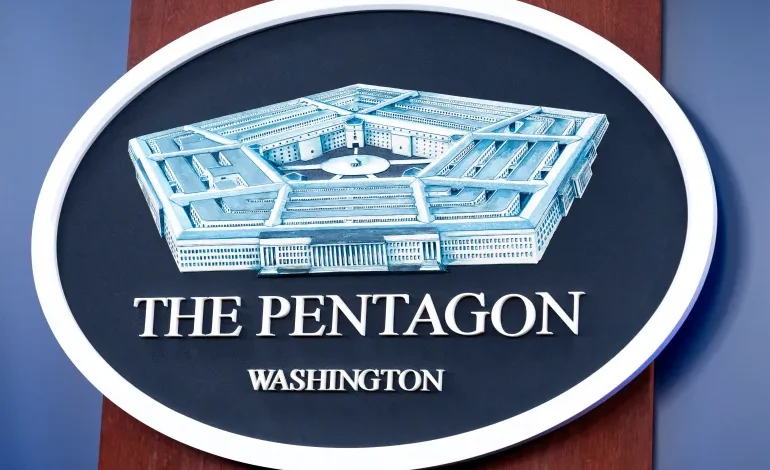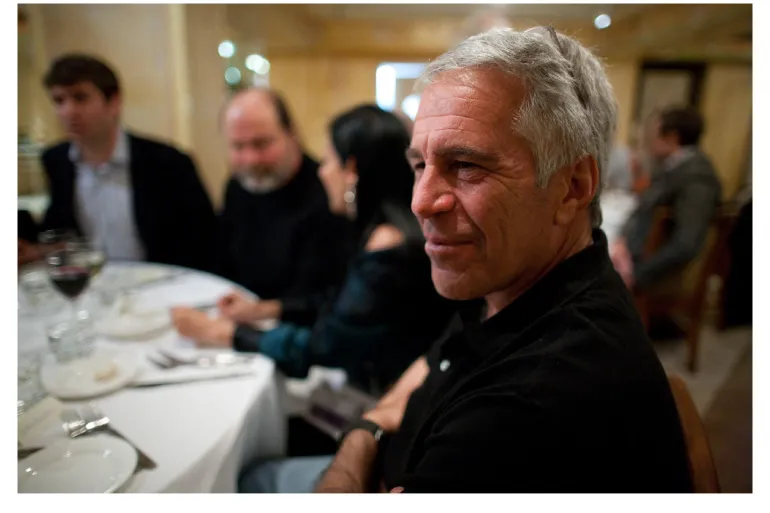US media revolt against Pentagon’s new press rules

Major American news outlets, from The New York Times to Newsmax, are refusing to sign on to new Pentagon reporting rules that they say violate the First Amendment and amount to censorship.
The controversy began in September, when the Department of Defense rolled out new credentialing guidelines requiring journalists to sign an affidavit promising not to publish “unauthorised material,” even if it was unclassified. After a wave of backlash, the Pentagon softened the language last week, saying reporters only had to “acknowledge” the rules — but that hasn’t quieted the storm.
In a rare moment of unity, media organisations across the political spectrum, including NPR, The Washington Post, The Wall Street Journal, The New York Times, CNN, Reuters, and the Associated Press — all said they would not comply.
“The proposed restrictions undercut First Amendment protections by placing unnecessary constraints on gathering and publishing information,” said Matt Murray, executive editor of The Washington Post. “We will continue to vigorously and fairly report on the policies and positions of the Pentagon and officials across the government.”
Even conservative outlets like The Washington Times and Newsmax, usually friendlier to the Trump administration, joined the protest. Newsmax called the rules “unnecessary and onerous.”
The Pentagon Press Association, which represents defence correspondents, warned that the new policy could criminalise routine reporting.
“The Pentagon has the right to make its own rules, but it cannot set unconstitutional policies as a precondition for access,” the group said.
The guidelines were introduced under Secretary of Defense Pete Hegseth, a former Fox News host appointed by President Donald Trump earlier this year. Pentagon spokesperson Sean Parnell defended the move, saying the department had held “good faith negotiations” with reporters but maintained that “soliciting [military] service members and civilians to commit crimes is strictly prohibited.”
Journalists argue that this framing is disingenuous, that it’s less about protecting classified material and more about controlling the narrative. For a Pentagon led by a former TV pundit, the optics aren’t great: the military’s top public affairs office is now in open conflict with nearly every major news organisation in the country.









The latest news in your social feeds
Subscribe to our social media platforms to stay tuned